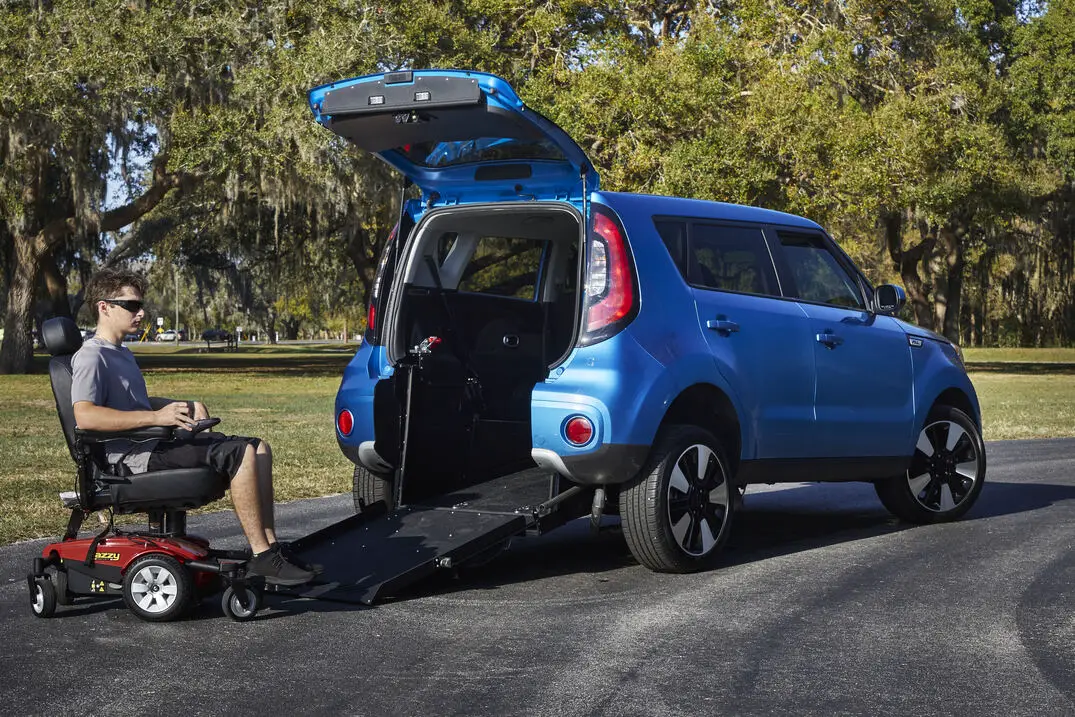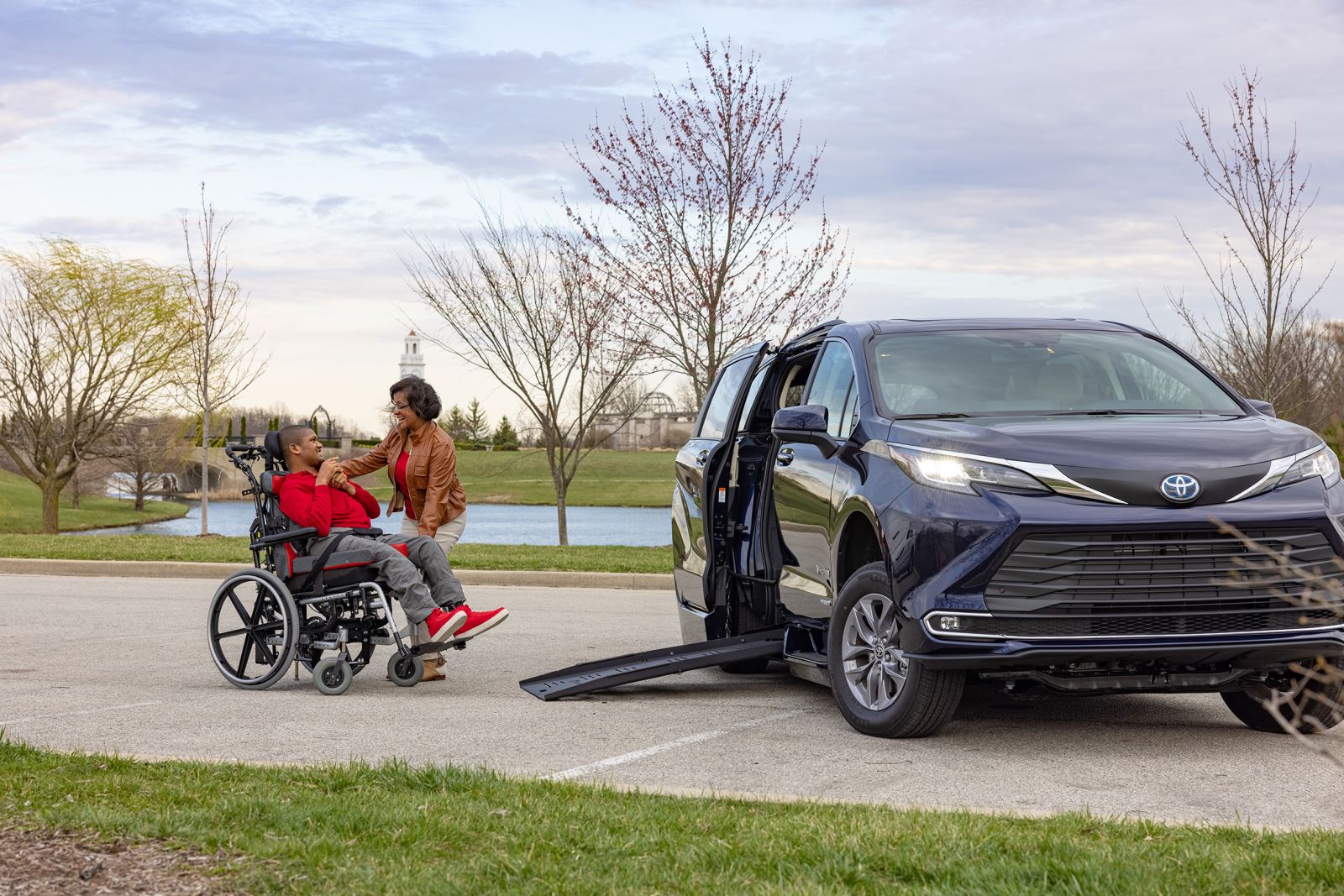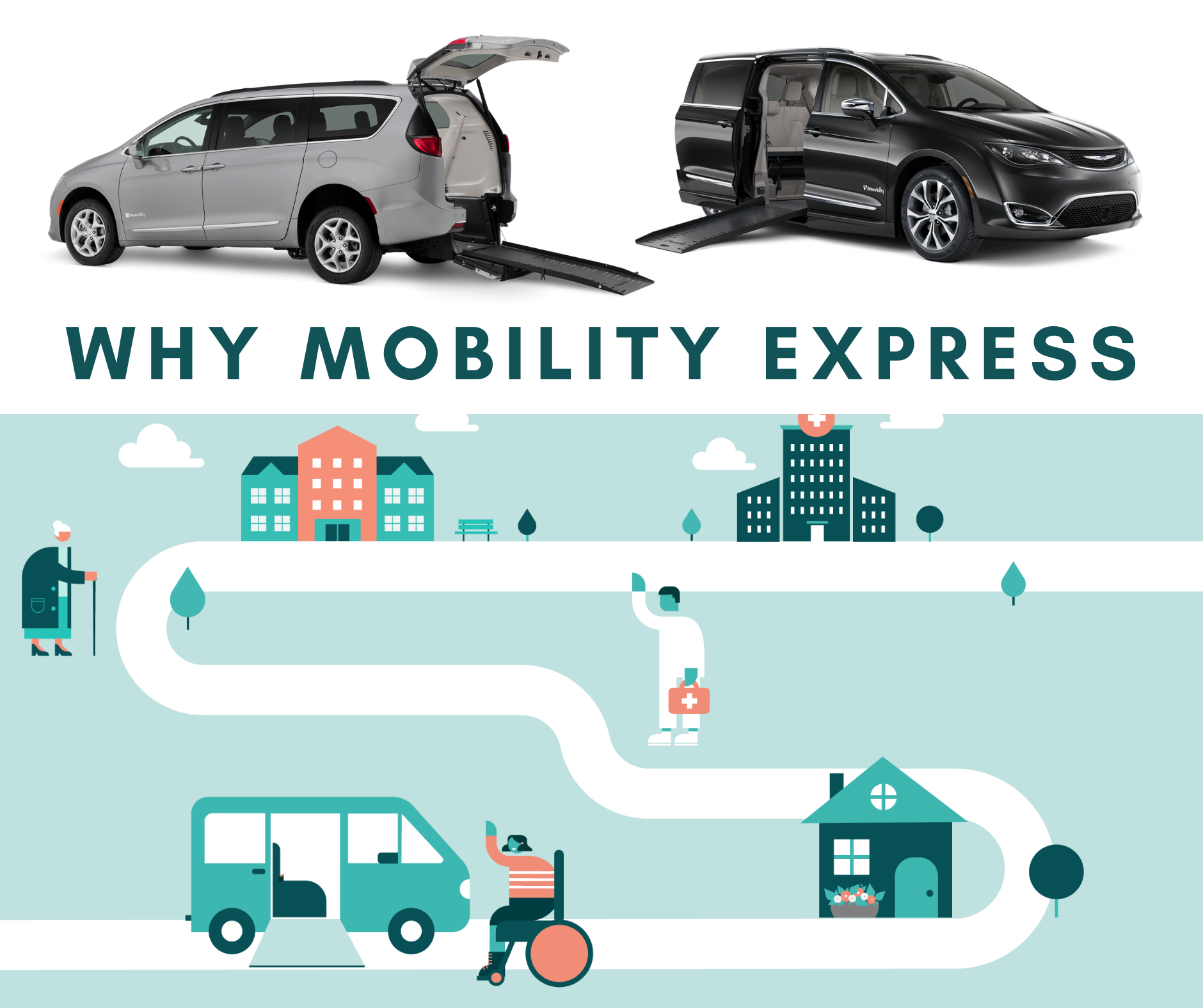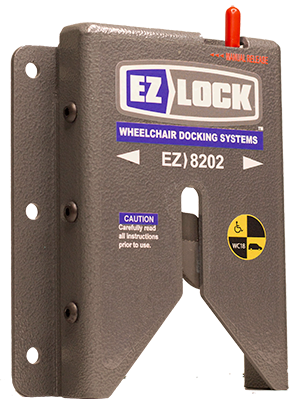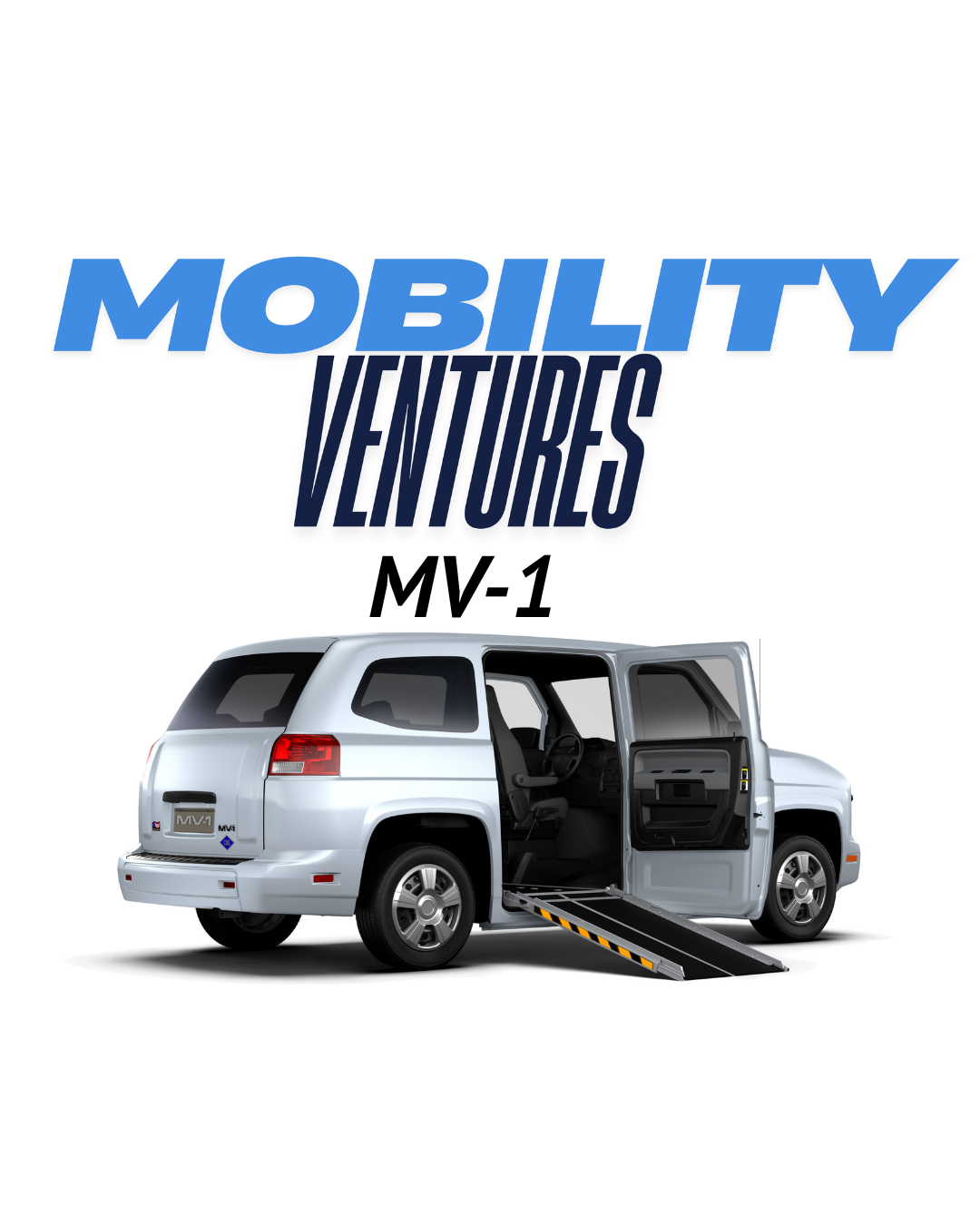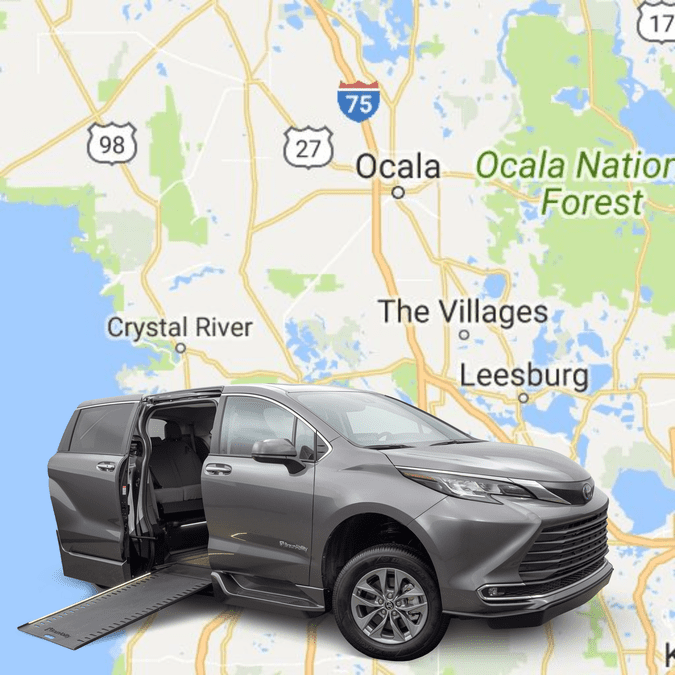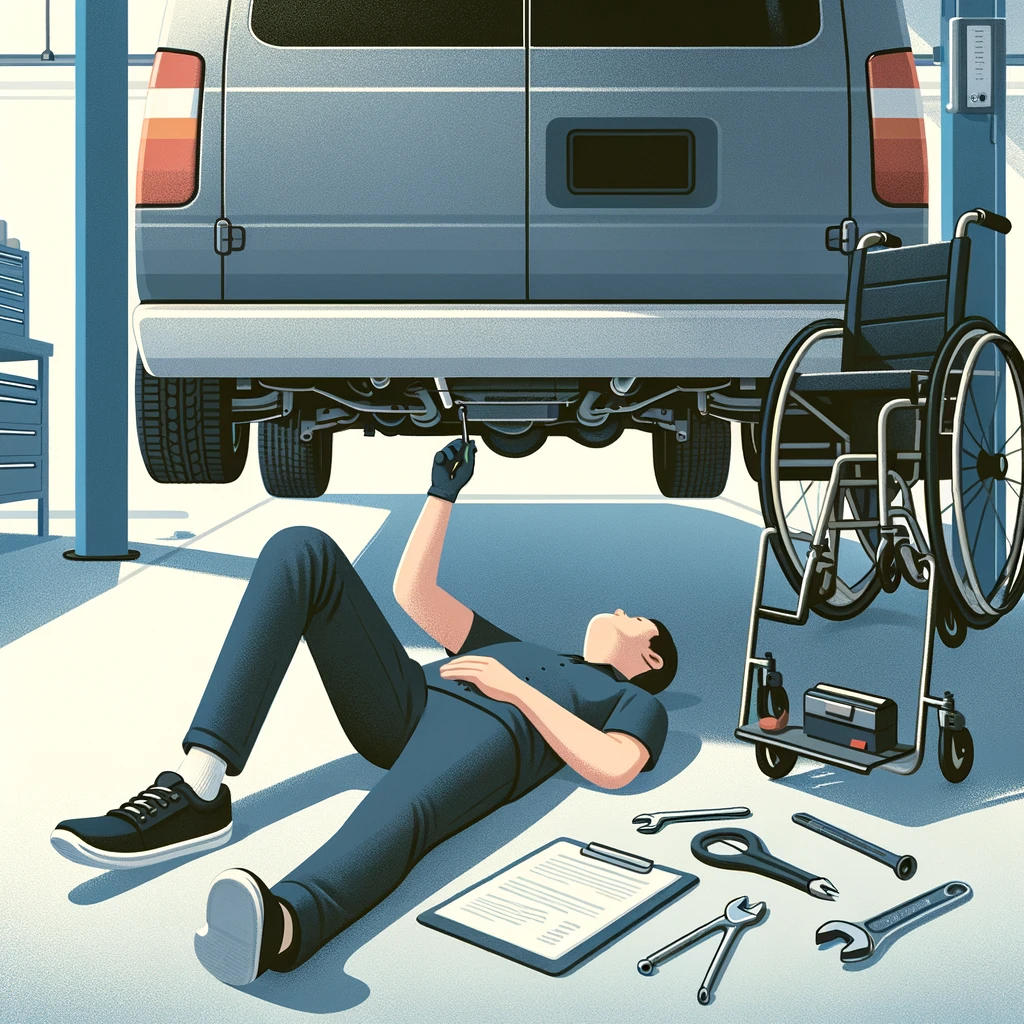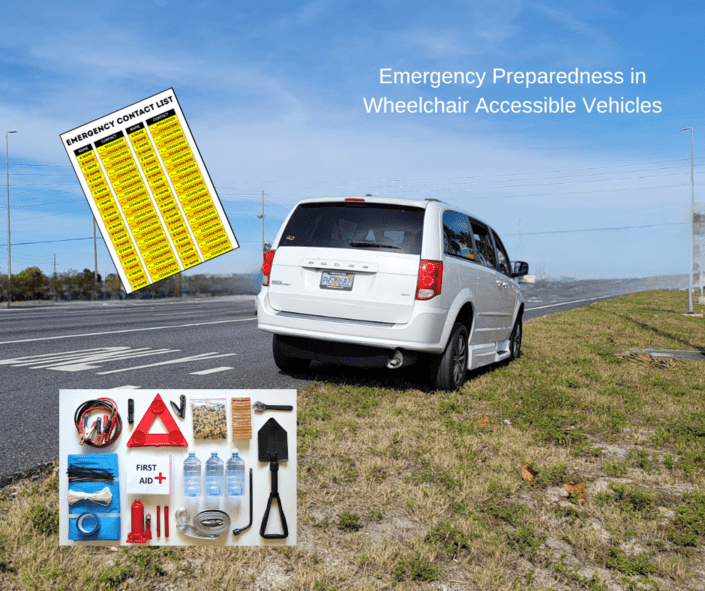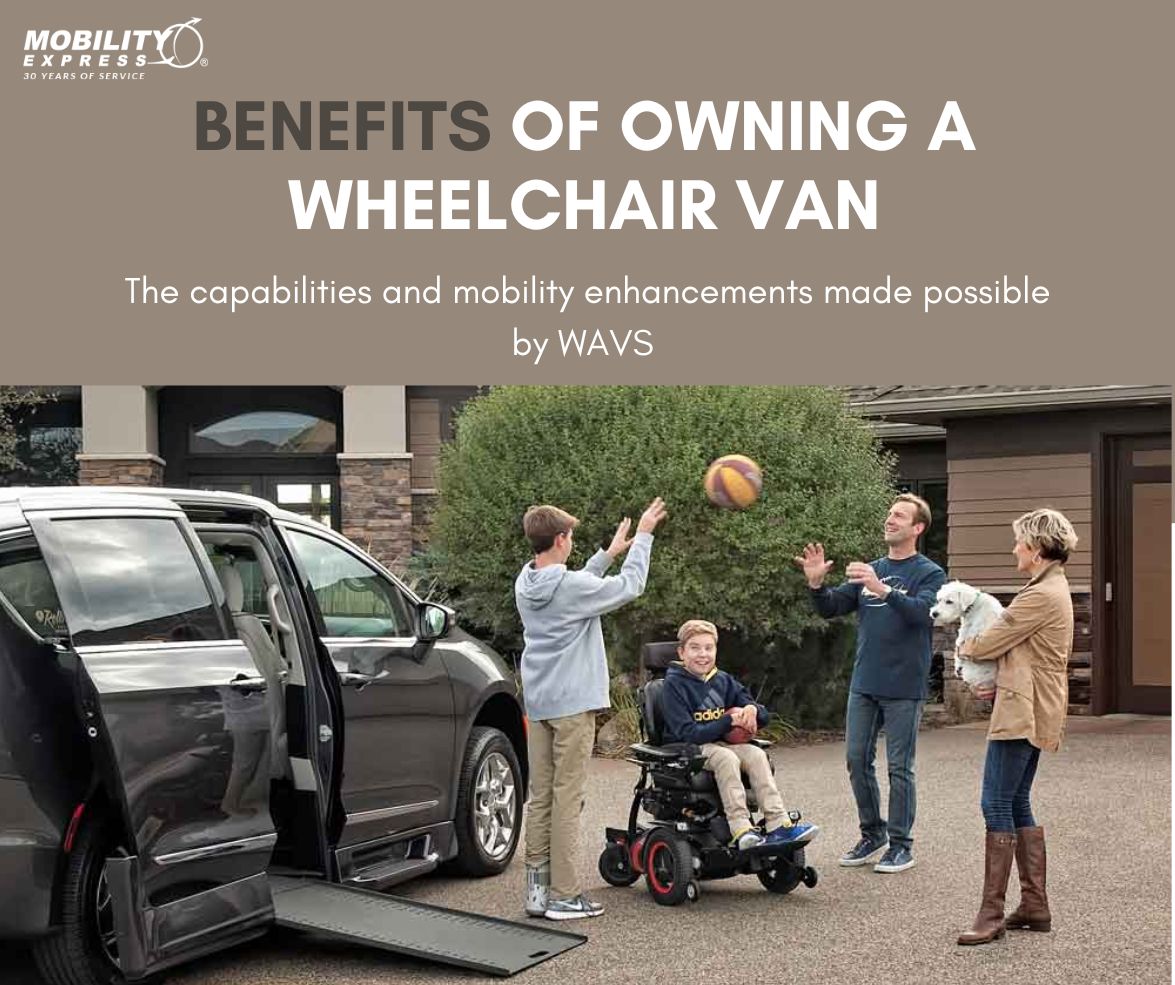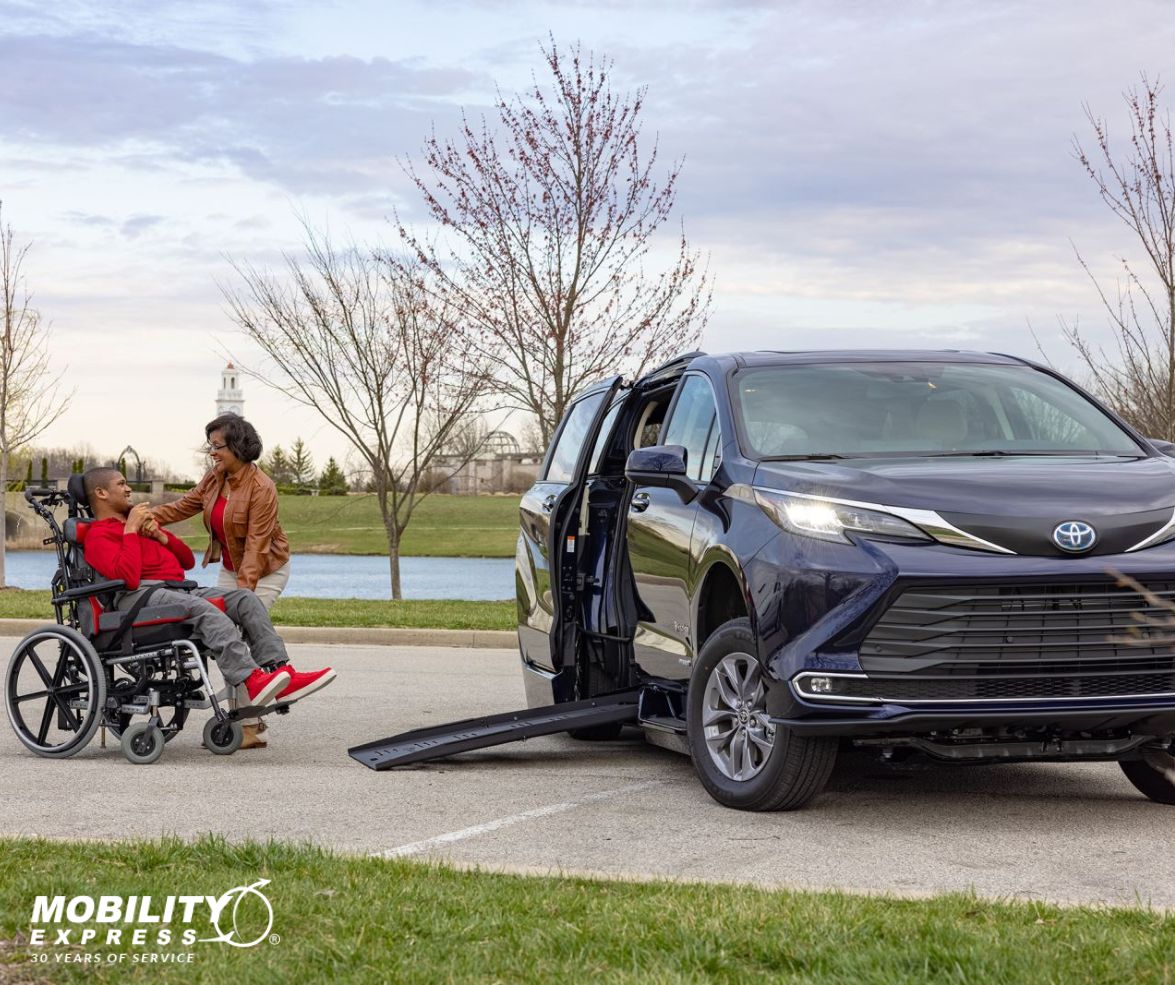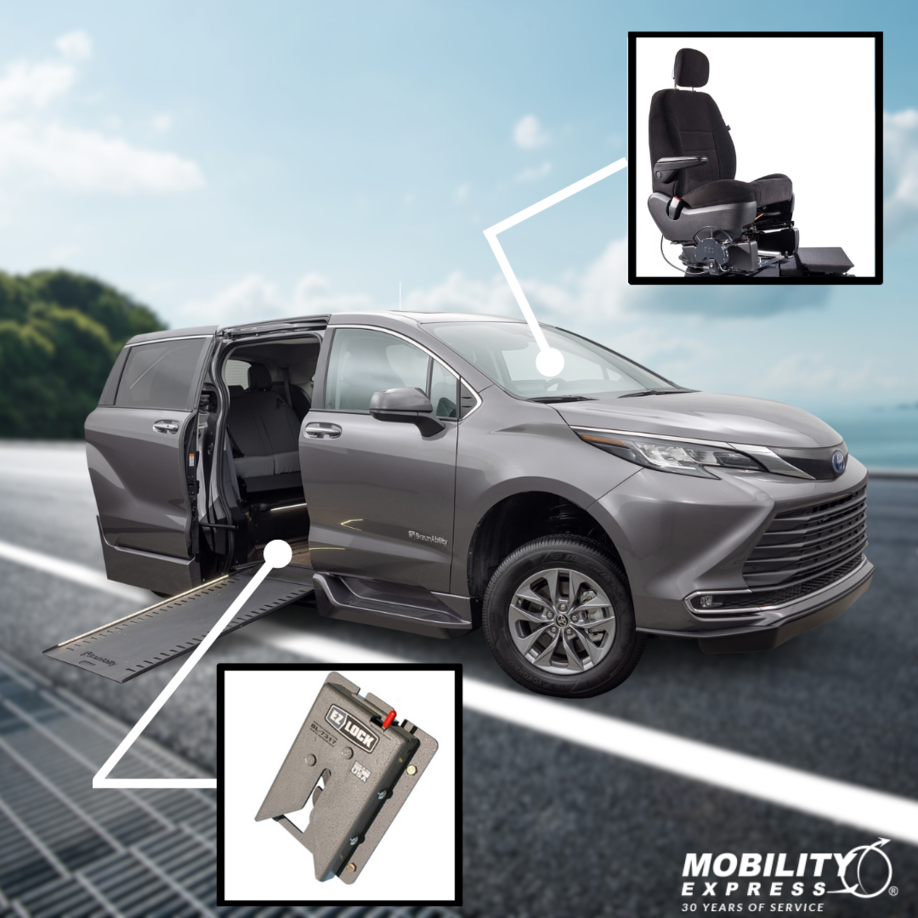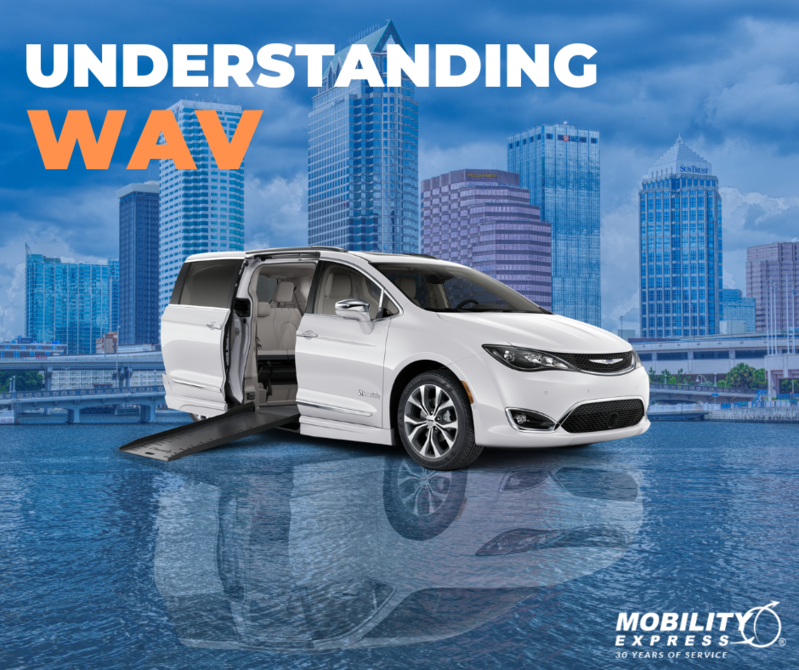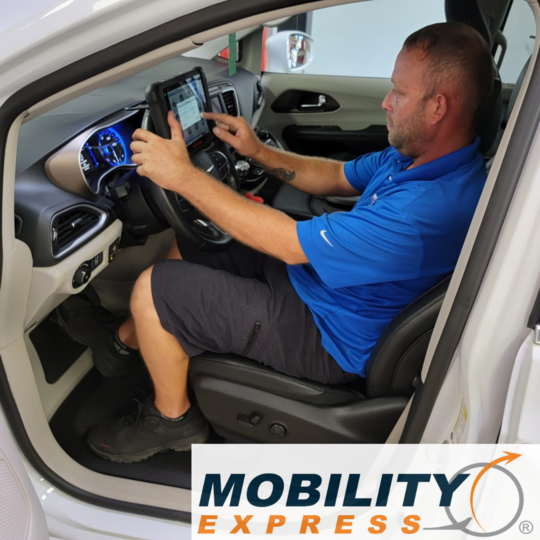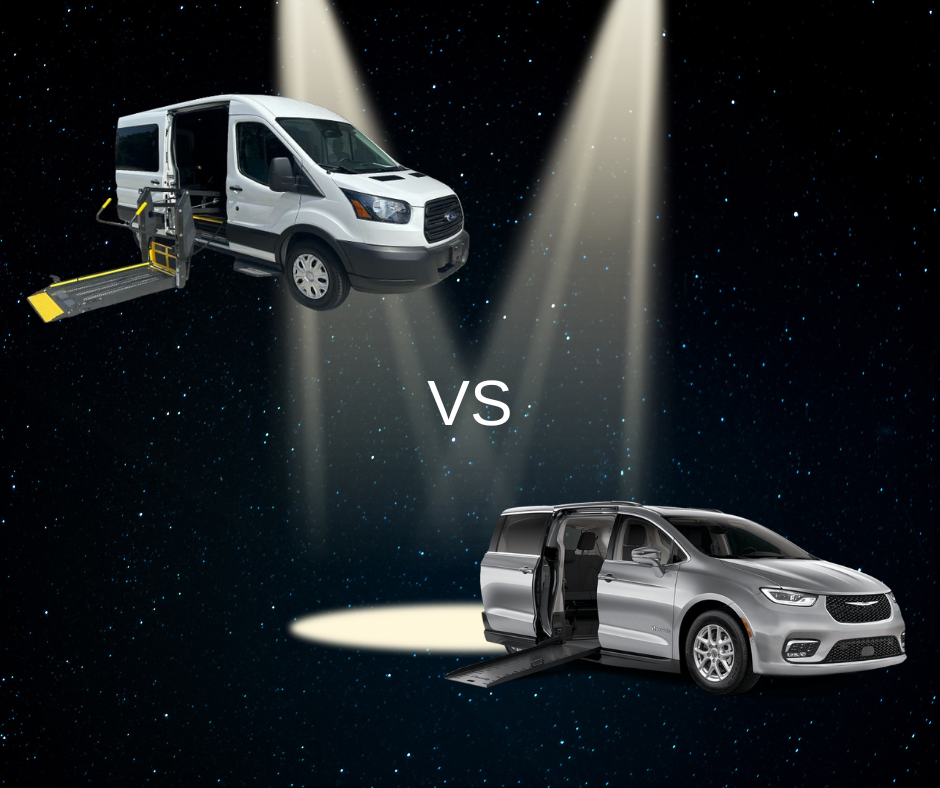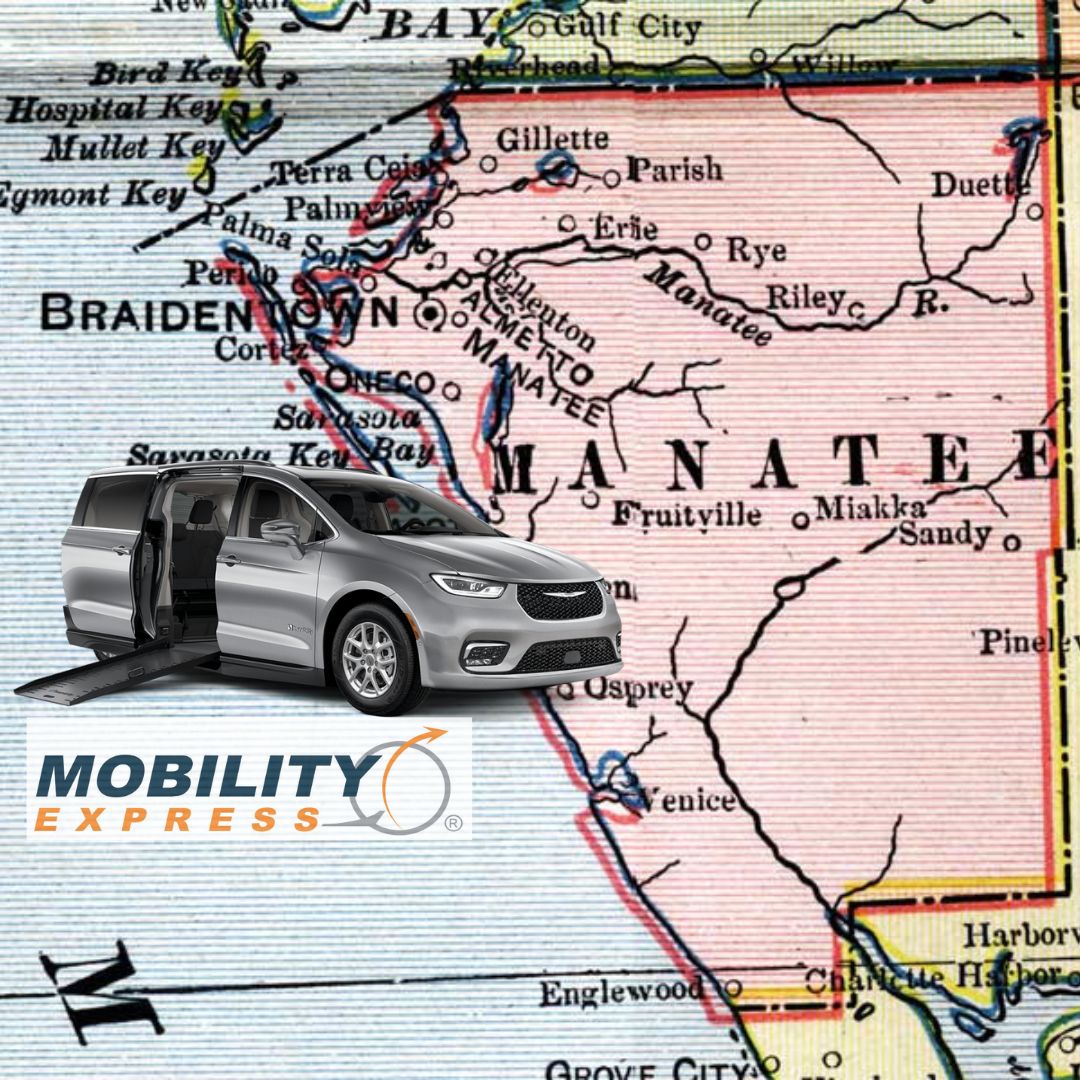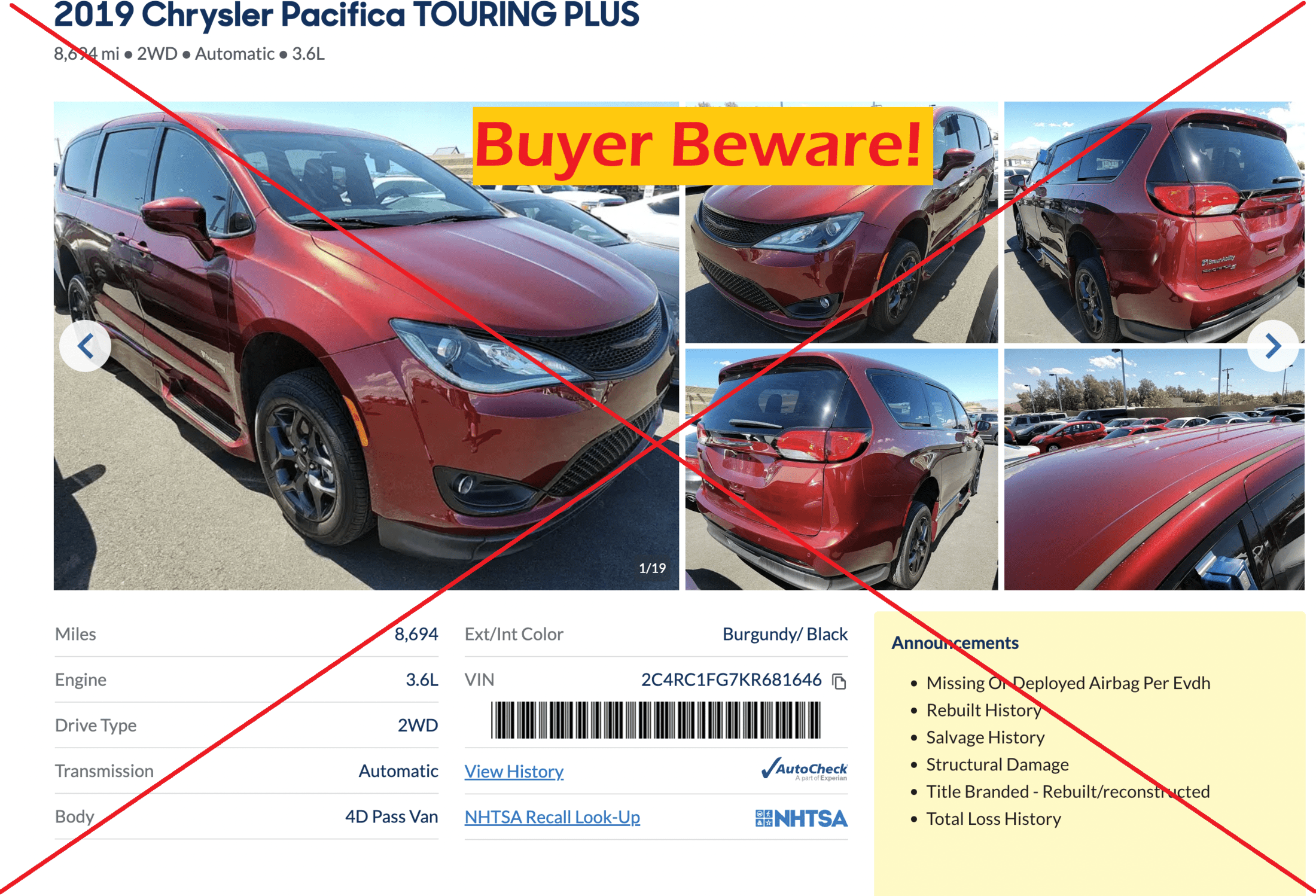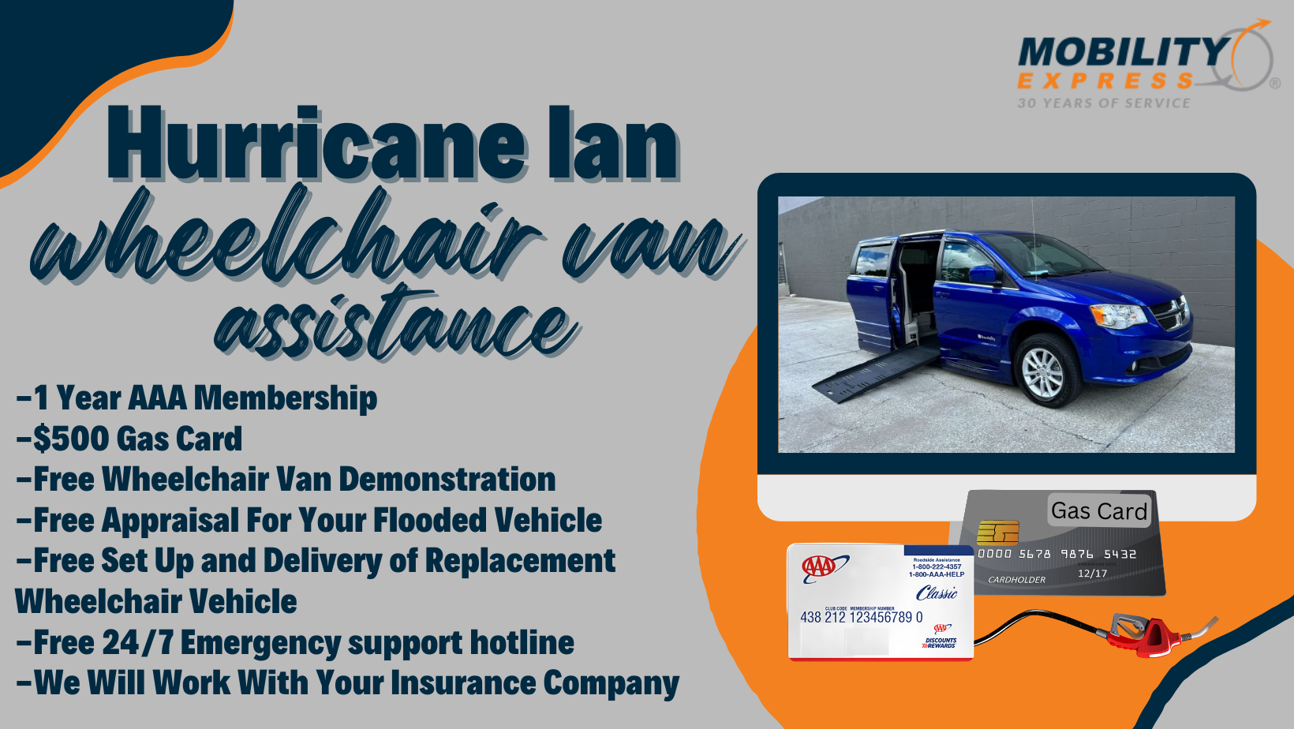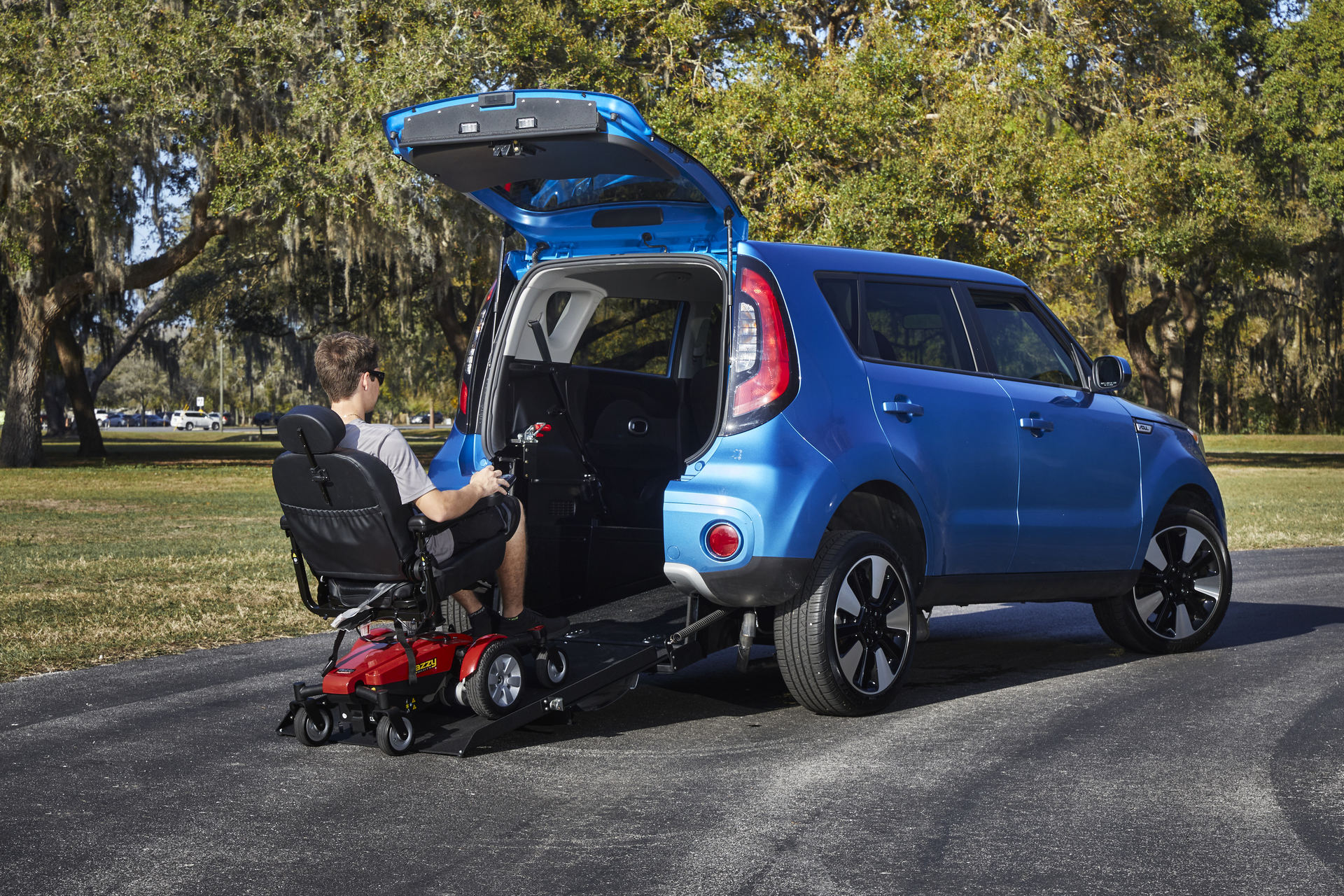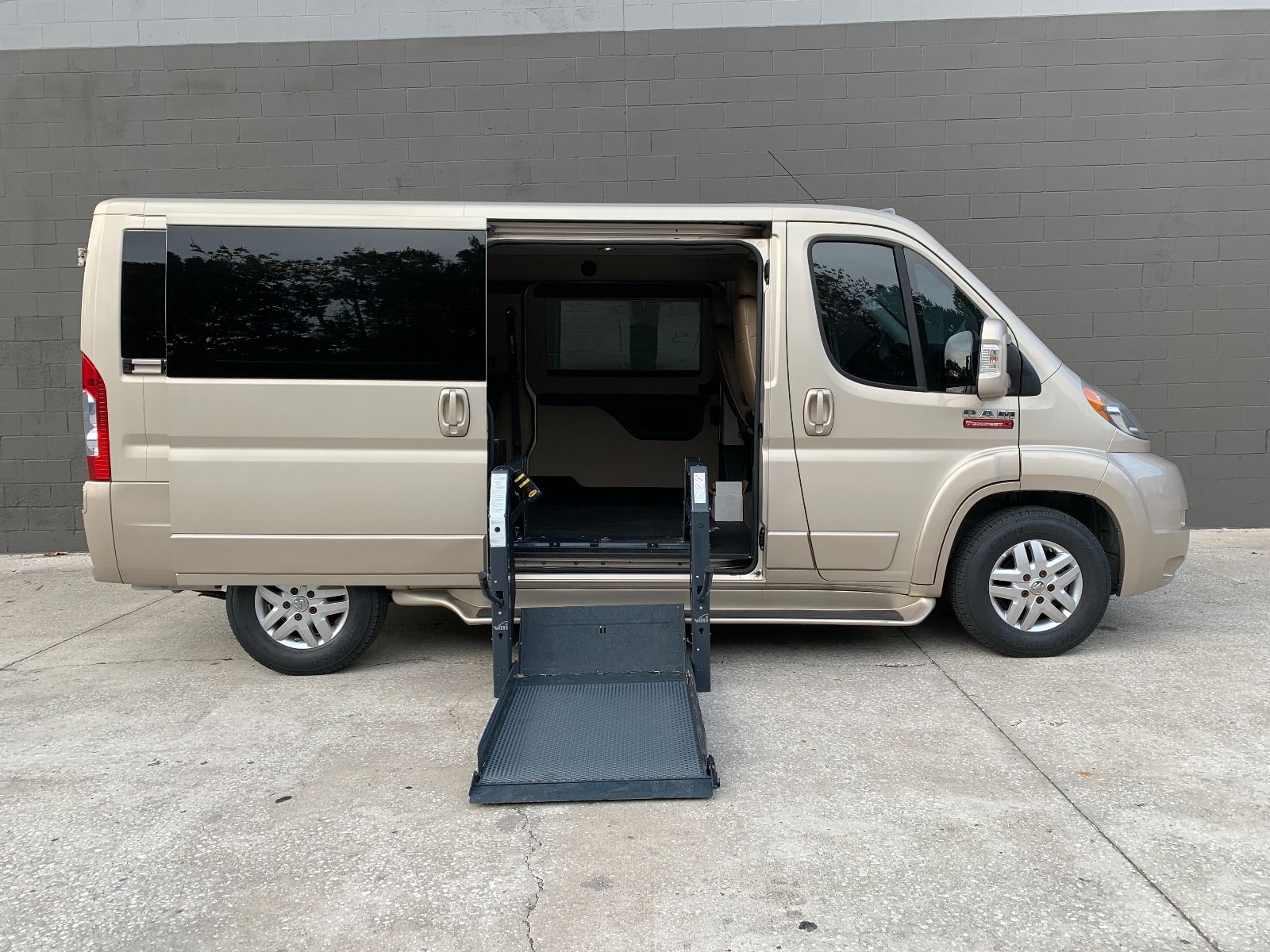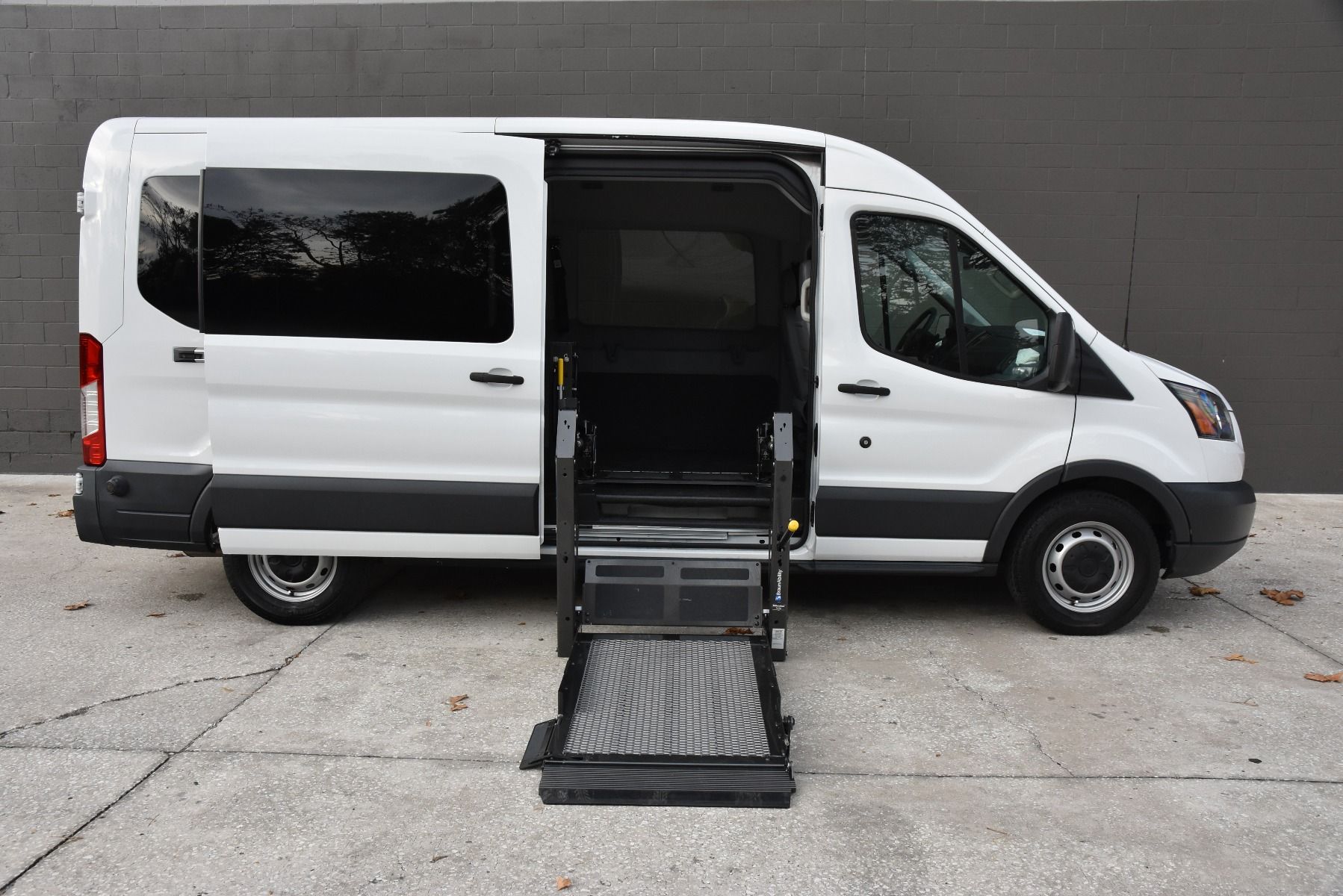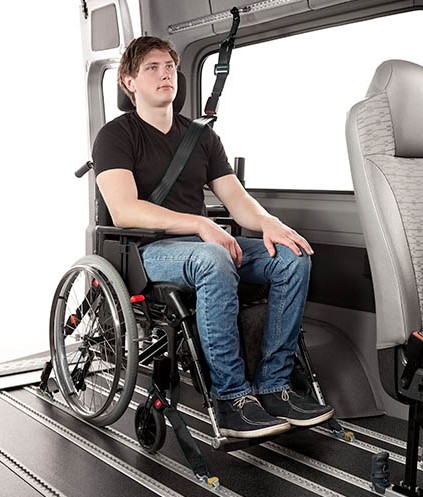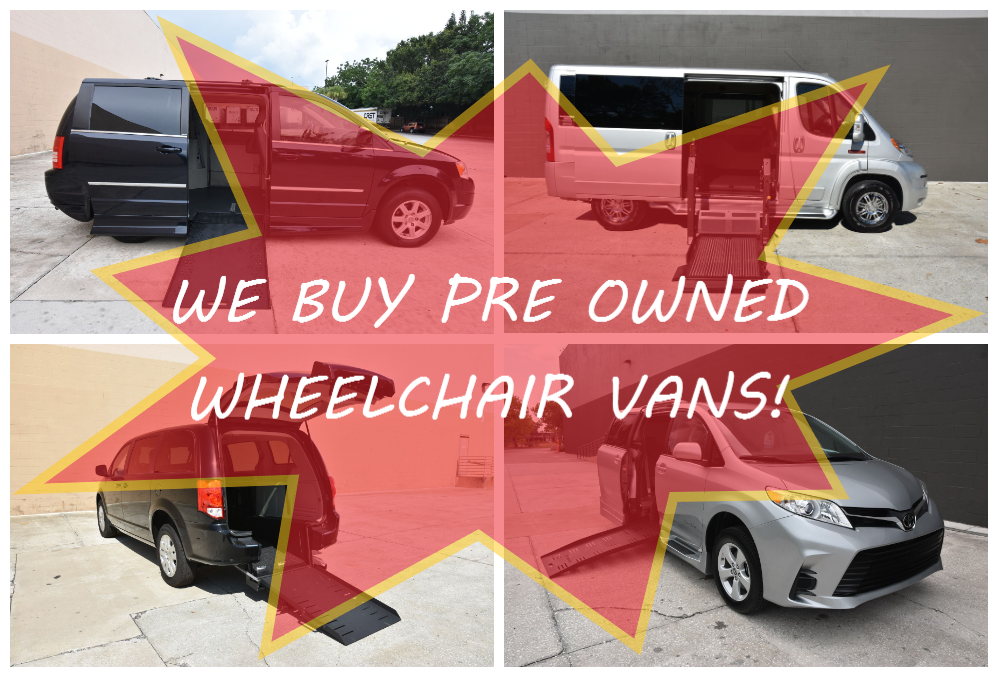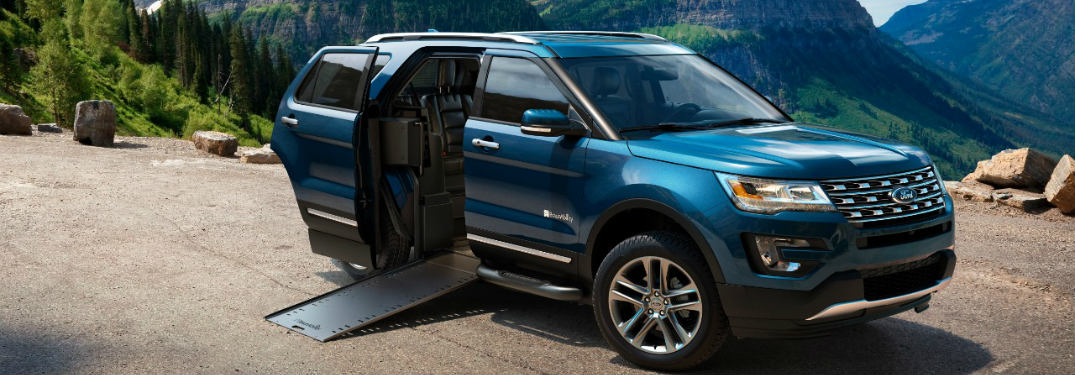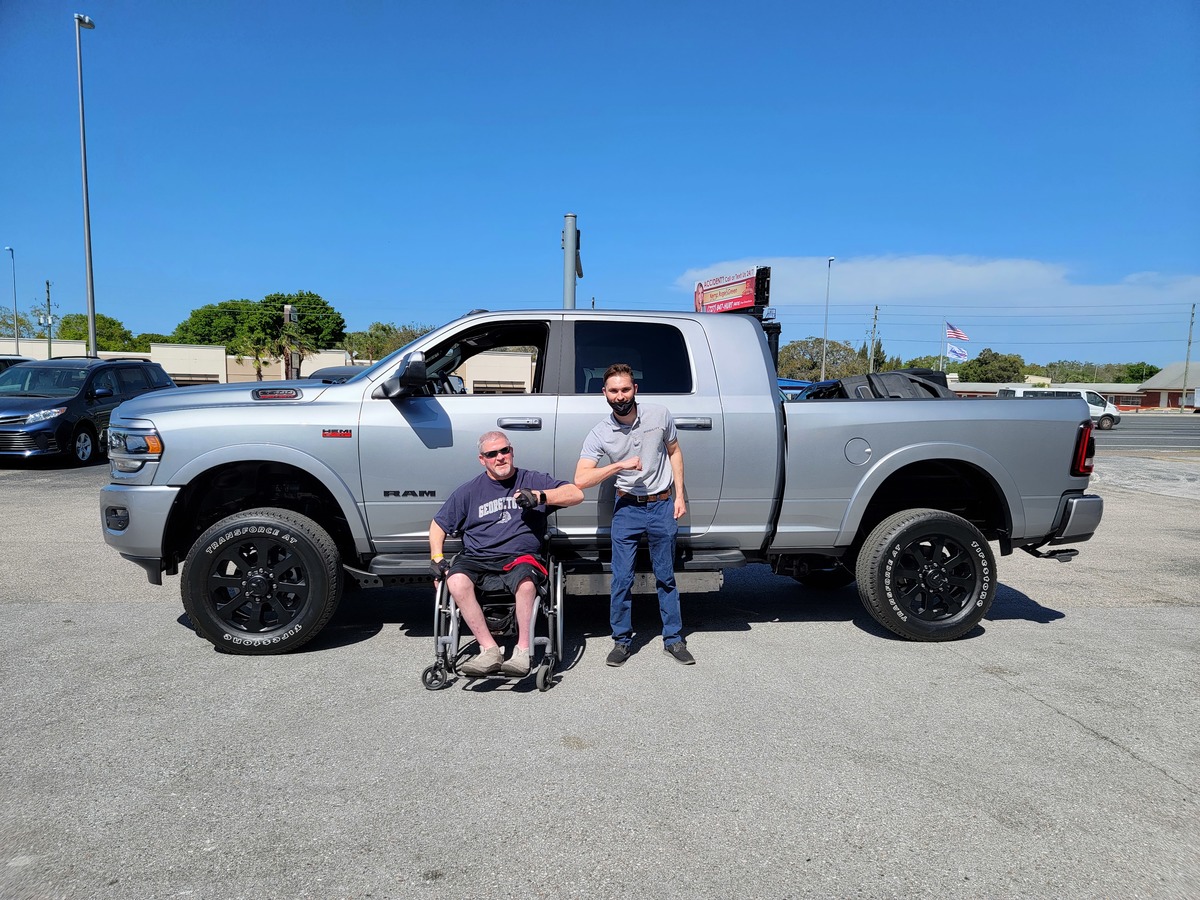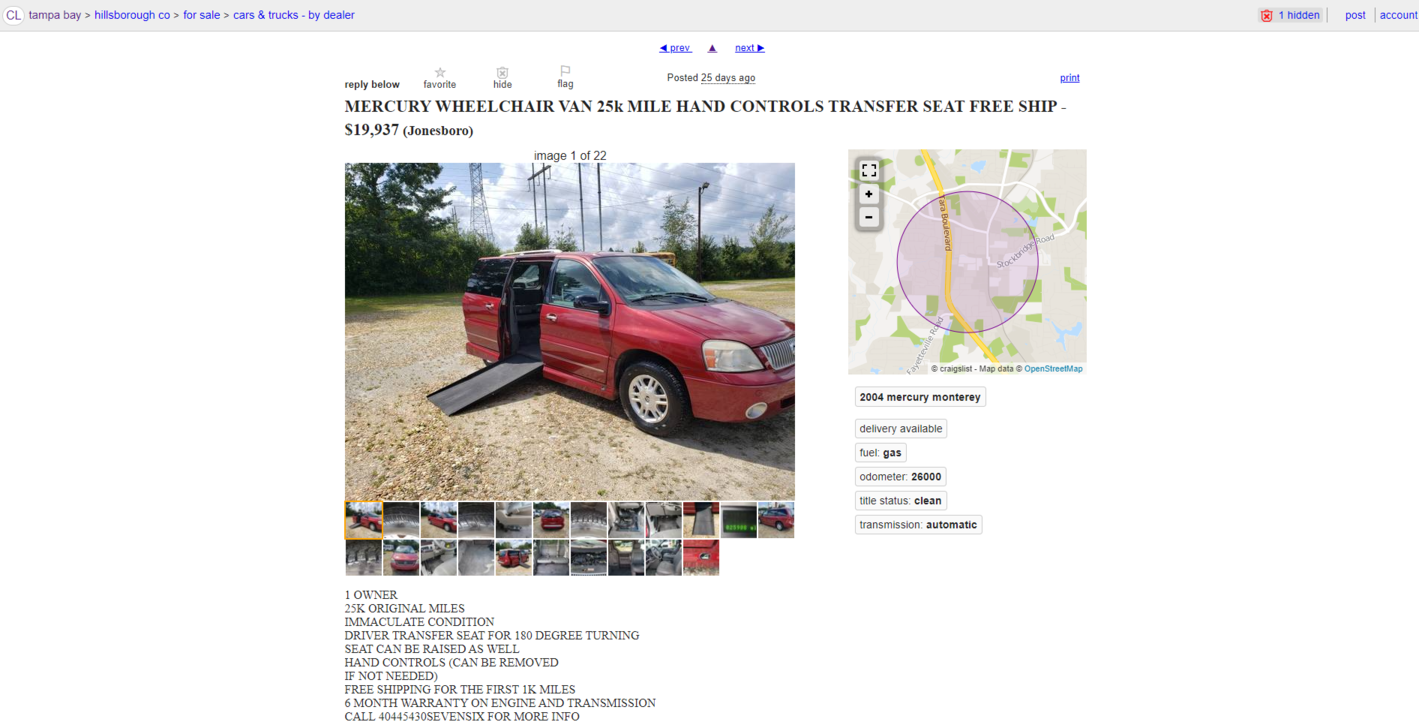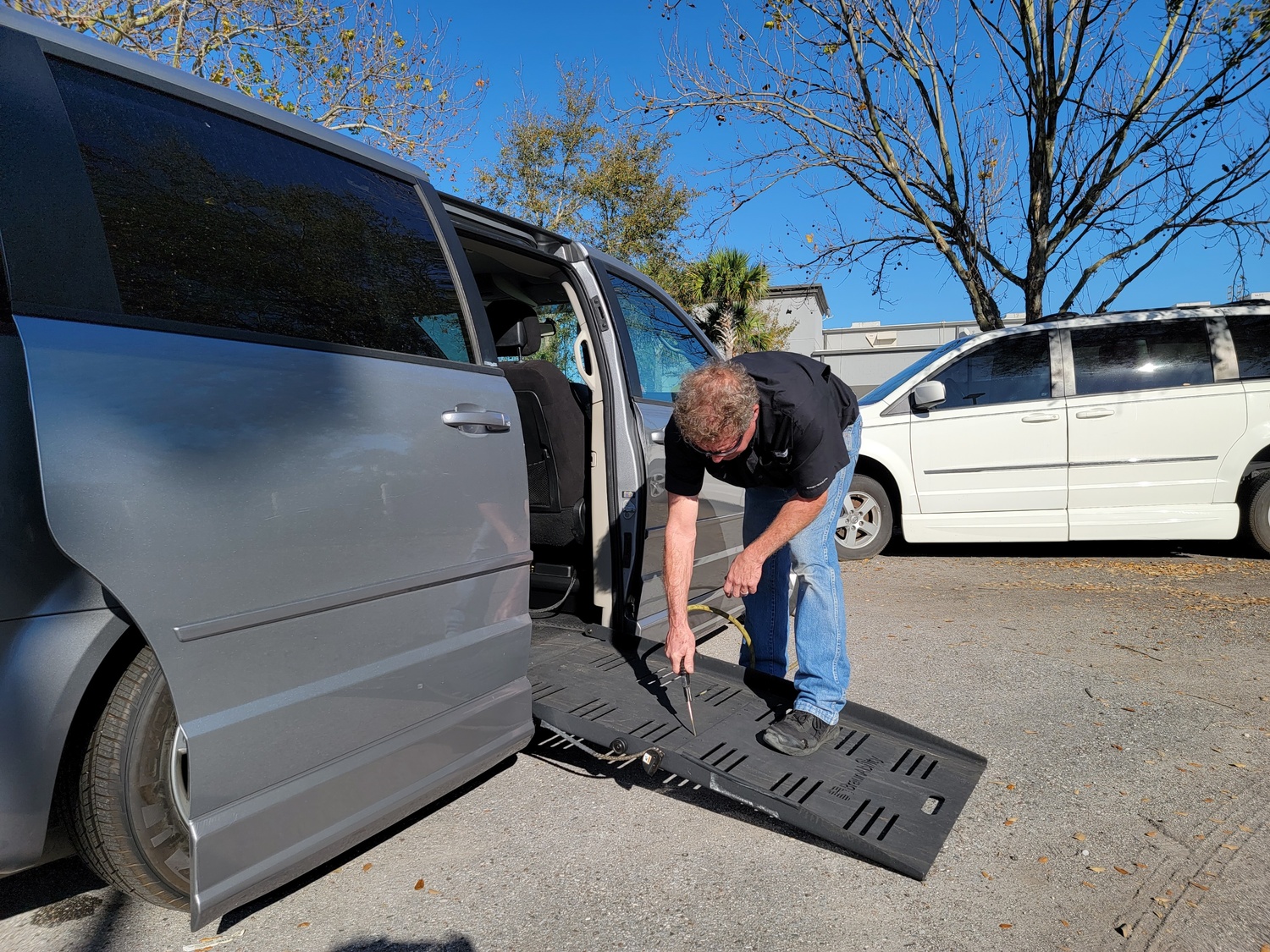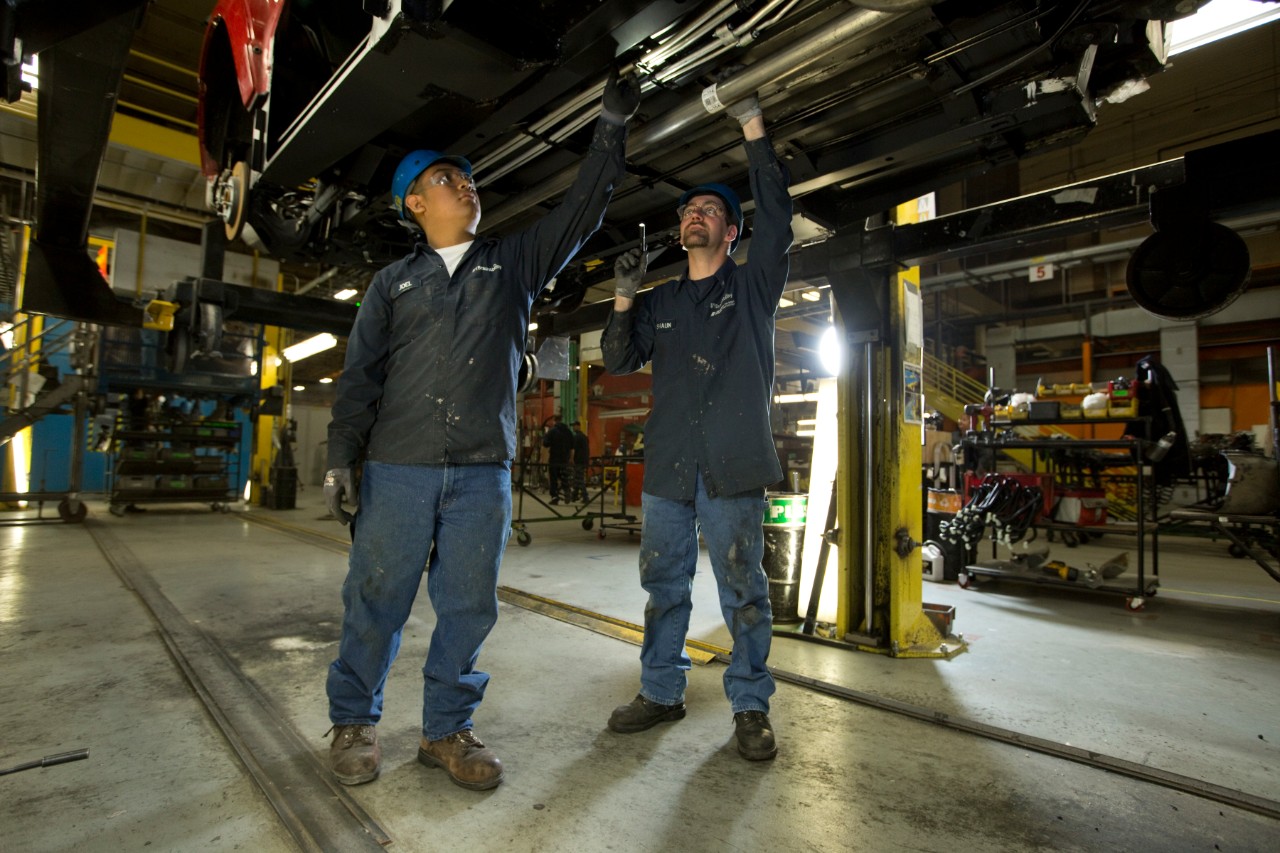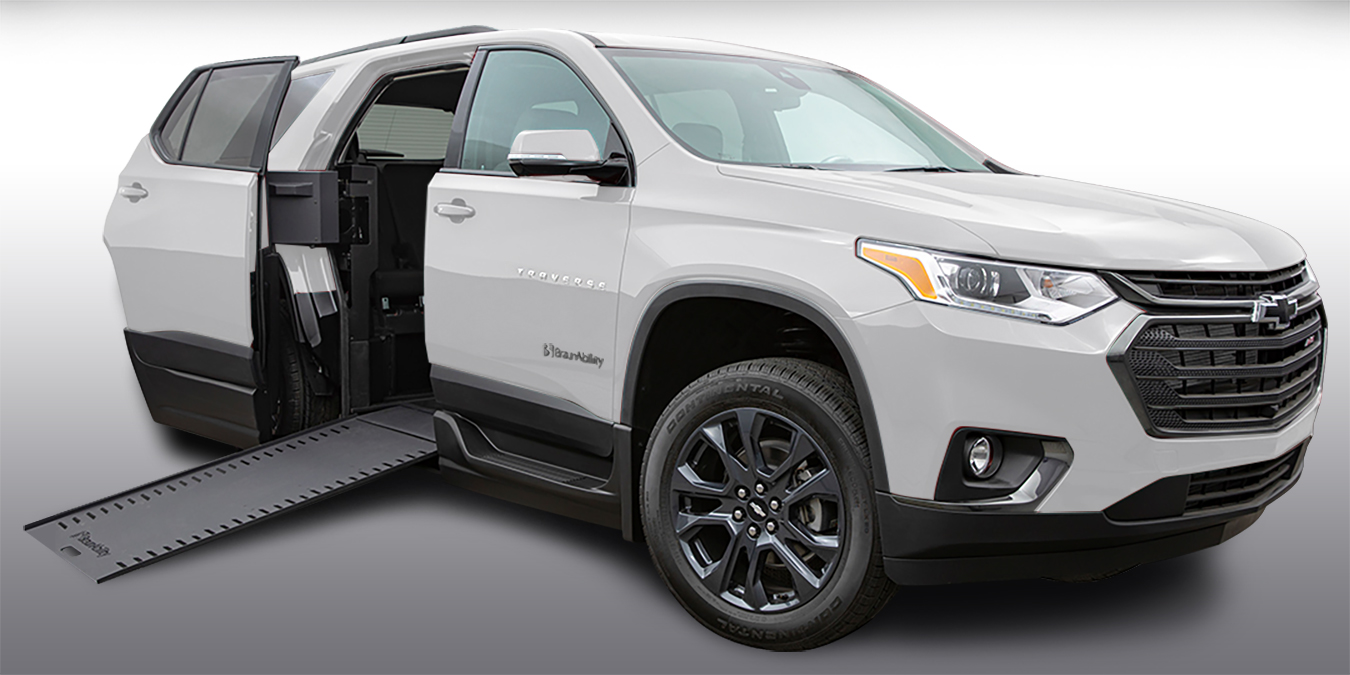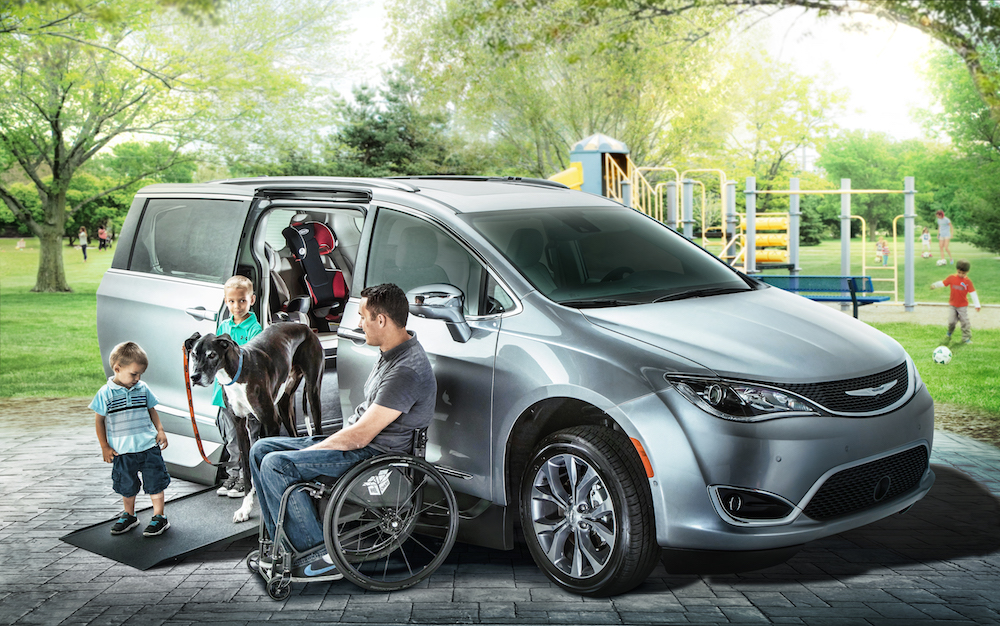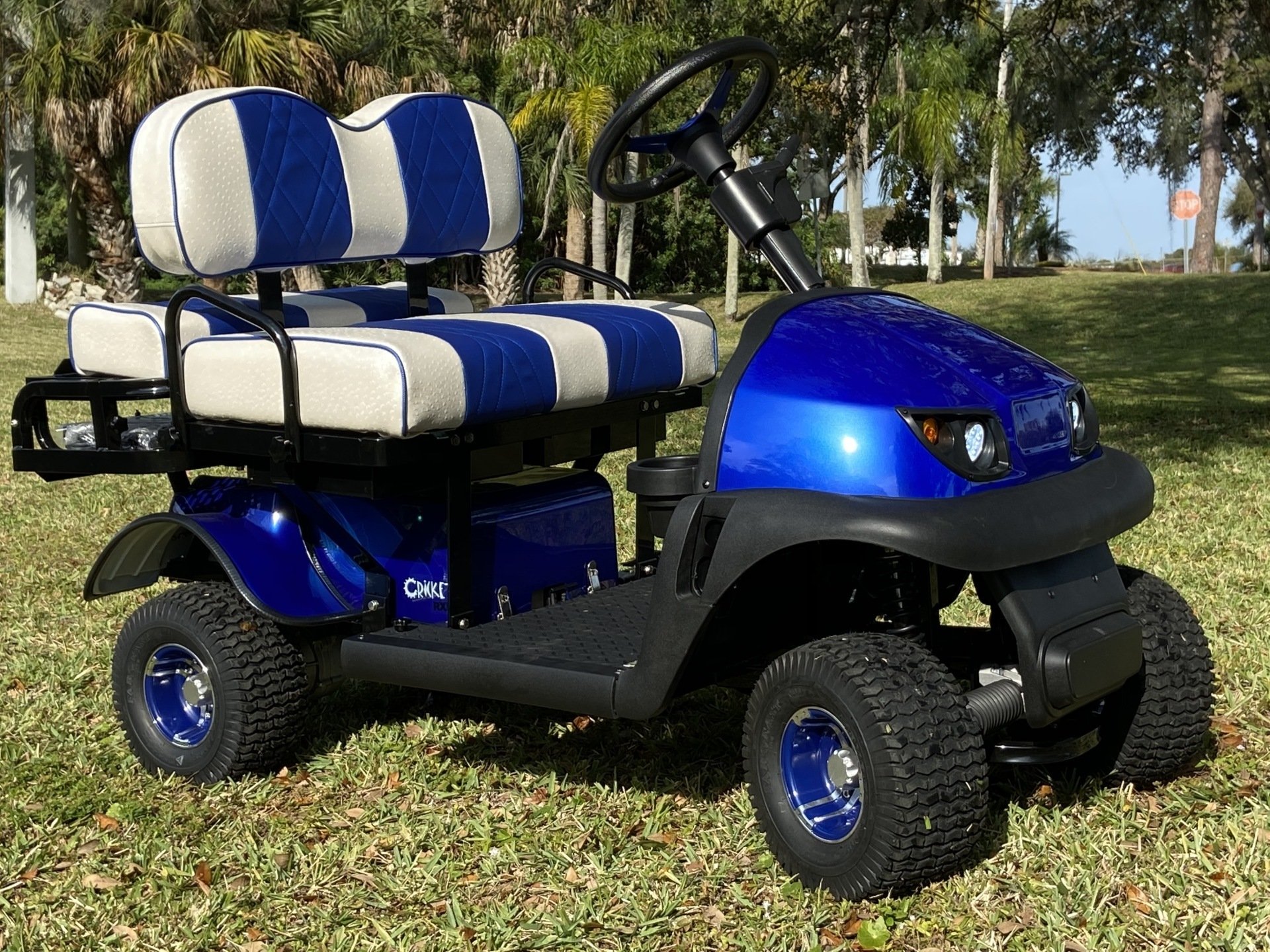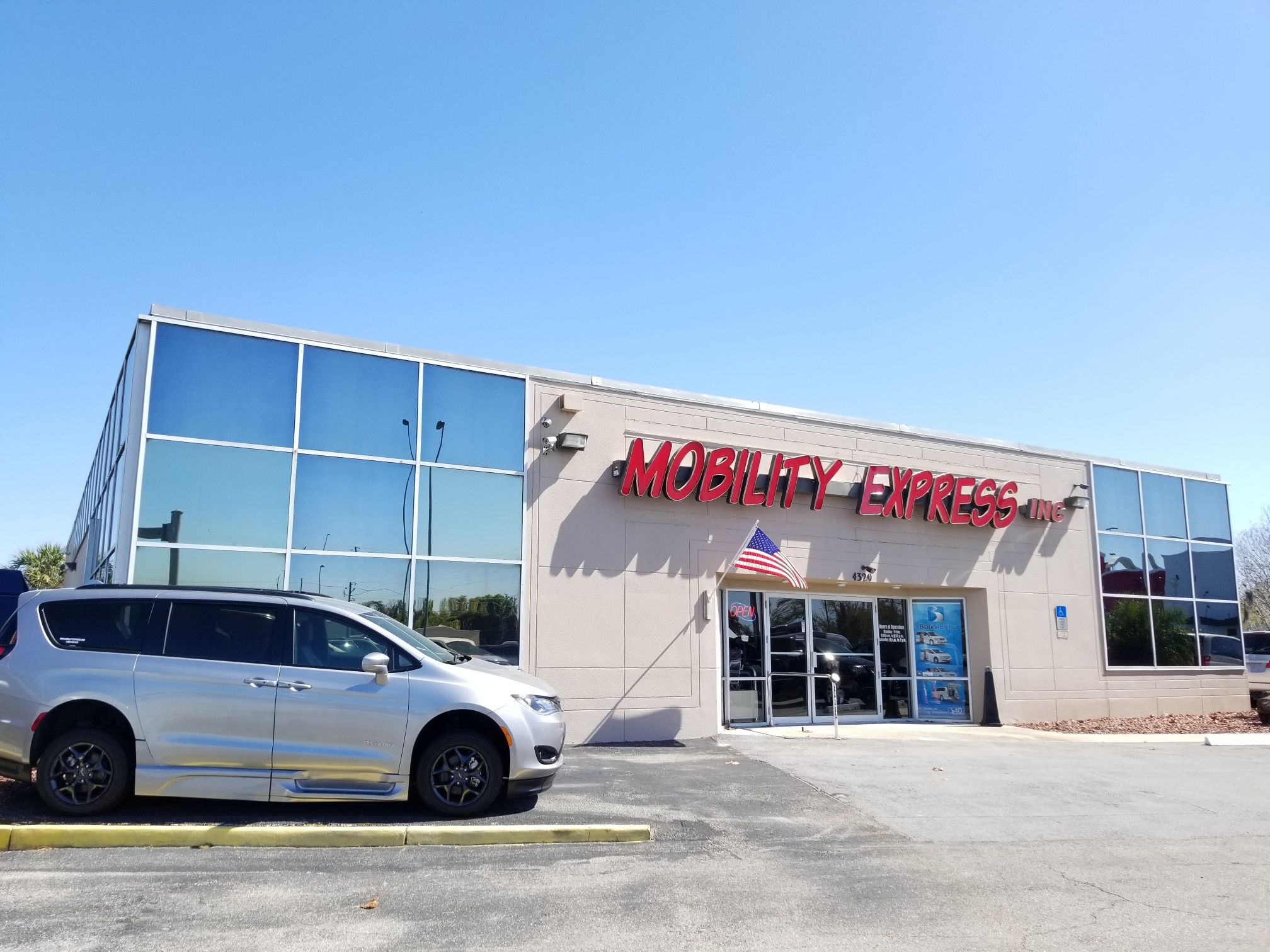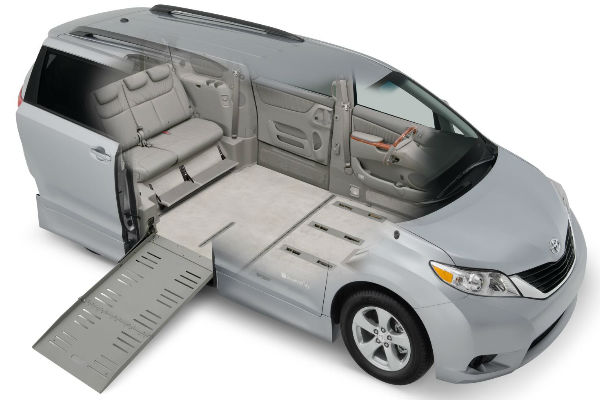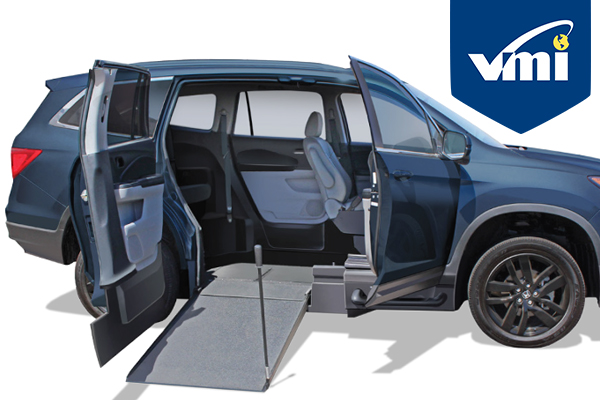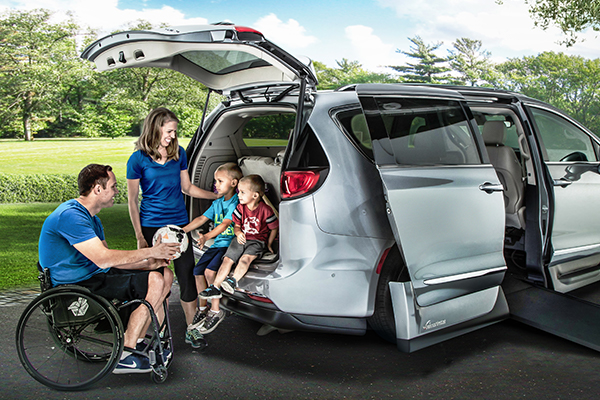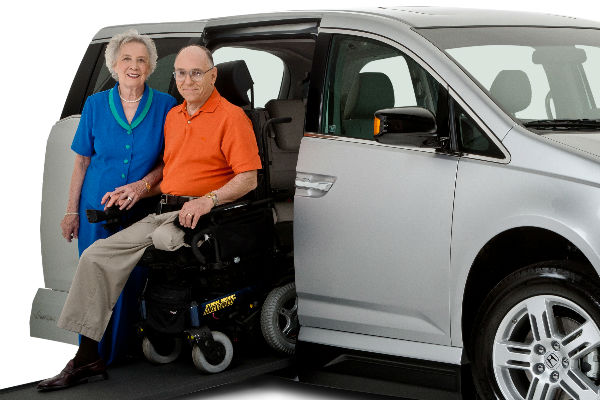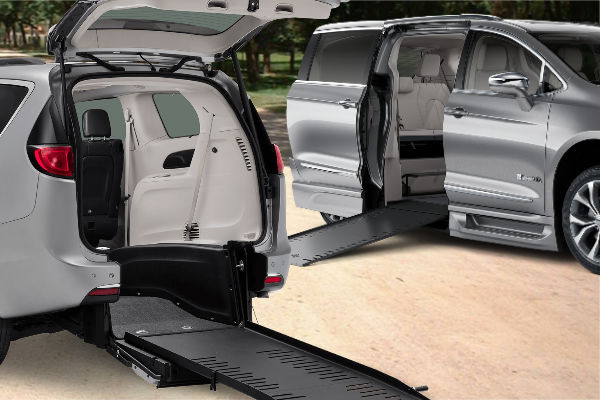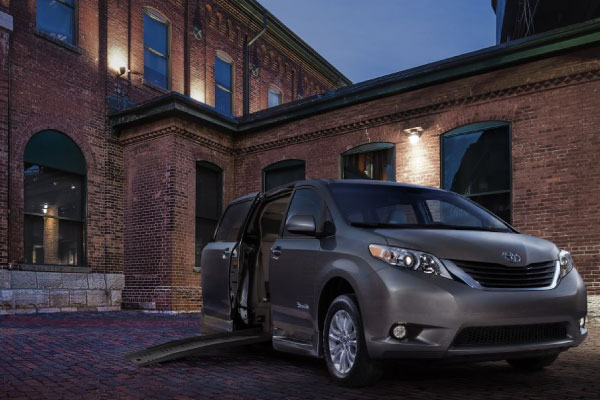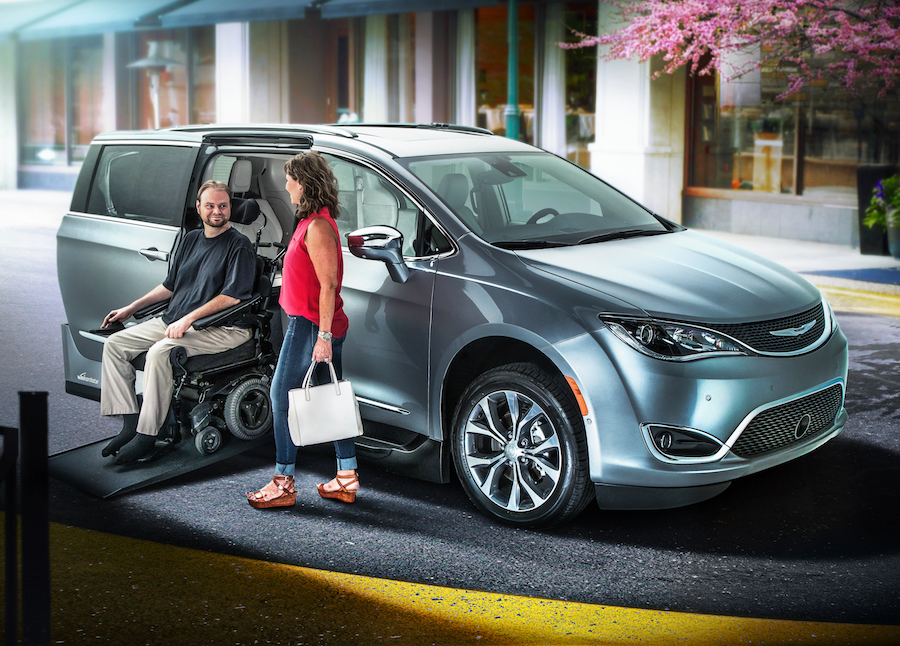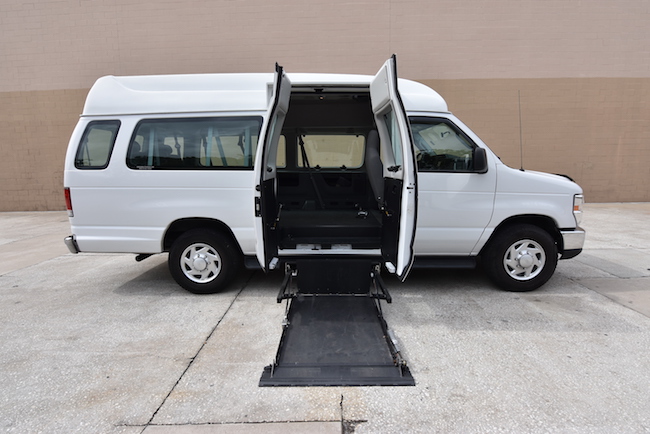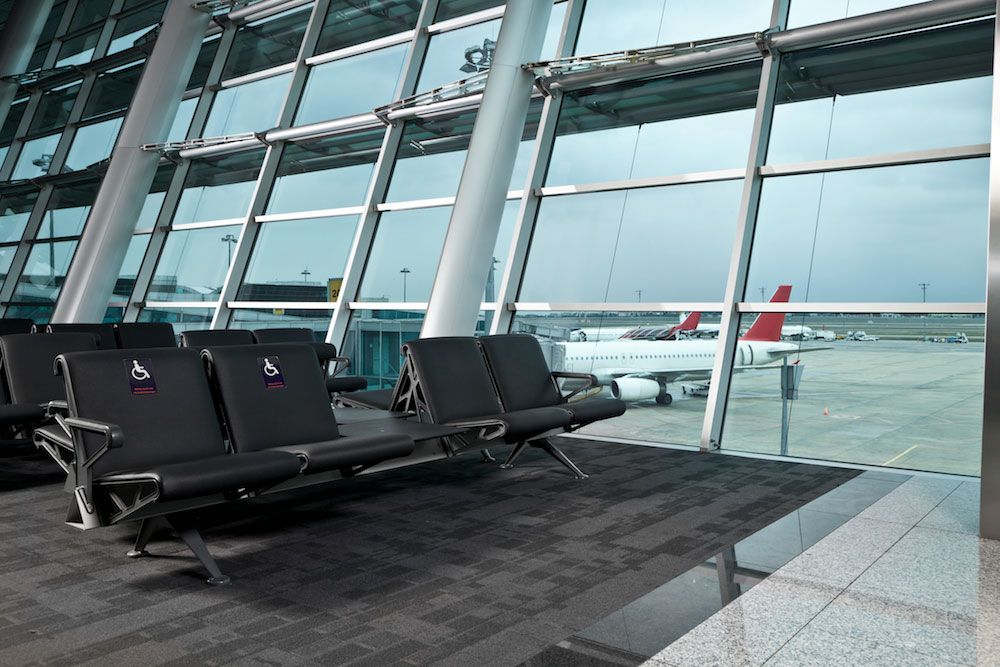Wheelchair Accessible SUVs vs. Wheelchair Accessible Trucks: Finding the Best Fit for Your Mobility Needs
Wheelchair-Accessible SUVs vs. Wheelchair-Accessible Trucks: Which is Right for You?
When it comes to wheelchair-accessible vehicles, SUVs and trucks are growing in popularity, offering alternatives to the traditional wheelchair-accessible van. Both SUVs and trucks have unique benefits, but which one is right for you? Let’s explore the key differences and factors to consider when choosing between these two options.
Accessibility and Ease of Entry
Wheelchair-Accessible SUVs: SUVs are designed with accessibility in mind, often featuring side-entry or rear-entry ramps or lifts. These modifications are ideal for individuals who prioritize ease of access, as SUVs typically offer lower ground clearance compared to trucks. Rear-entry options are particularly beneficial for those who need to park in tight spaces.
Wheelchair-Accessible Trucks: Trucks, on the other hand, tend to have higher ground clearance, which can make entry slightly more challenging. However, many accessible trucks come equipped with advanced lift systems that lower the wheelchair user into the cab. These lifts are designed for safety and efficiency but may require more space for operation.
Interior Space and Seating Capacity
Wheelchair-Accessible SUVs: SUVs generally offer more enclosed interior space, making them a great choice for families or those who need room for multiple passengers. The spacious cabin allows for comfortable seating arrangements and plenty of cargo space for personal items or medical equipment.
Wheelchair-Accessible Trucks: While trucks have less enclosed interior space, they excel in cargo capacity. The truck bed can be used to transport larger items, such as wheelchairs, scooters, or recreational gear, making them a practical choice for those with active lifestyles.
Performance and Versatility
Wheelchair-Accessible SUVs: SUVs are designed for versatility, with options for all-wheel drive or four-wheel drive that provide better handling in various weather conditions. They are suitable for both urban and suburban environments, offering a smooth and comfortable ride.
Wheelchair-Accessible Trucks: Trucks are known for their rugged performance and towing capabilities. If you frequently travel off-road or need to tow heavy loads, such as trailers or boats, a wheelchair-accessible truck might be the better choice. Trucks also excel in durability and handling in challenging terrains.
Customization Options
Wheelchair-Accessible SUVs: SUVs can be highly customizable, with features like power ramps, removable front seats, and integrated entertainment systems. These options make SUVs an attractive choice for those who want a personalized driving experience.
Wheelchair-Accessible Trucks: Trucks also offer customization, particularly for lift systems and accessibility aids. Additionally, truck beds can be equipped with specialized storage solutions, making them versatile for users with specific needs.
Cost Considerations
Wheelchair-Accessible SUVs: SUVs generally fall in the mid-range for wheelchair-accessible vehicles, with a wide variety of models and conversion options to suit different budgets. Maintenance costs tend to be moderate, depending on the make and model.
Wheelchair-Accessible Trucks: Trucks are often more expensive upfront due to their size and the complexity of the modifications required. However, their durability and long-term reliability can make them a worthwhile investment for certain buyers.
Lifestyle Fit
Choose an SUV if:
- You need a family-friendly vehicle with ample interior space.
- You frequently drive in urban or suburban areas.
- Ease of entry and exit is a top priority.
Choose a Truck if:
- You require towing or hauling capabilities.
- You have an active lifestyle involving outdoor activities.
- You value rugged performance and off-road versatility.
Conclusion
Both wheelchair-accessible SUVs and trucks offer distinct advantages, and the best choice depends on your specific needs and lifestyle. SUVs are ideal for those seeking comfort, accessibility, and versatility, while trucks are perfect for individuals who need rugged performance and extra cargo capacity.
Before making a decision, consider test-driving both types of vehicles and consulting with a mobility expert to find the perfect fit for your mobility needs. No matter which you choose, both options provide the freedom and independence to go wherever life takes you.

